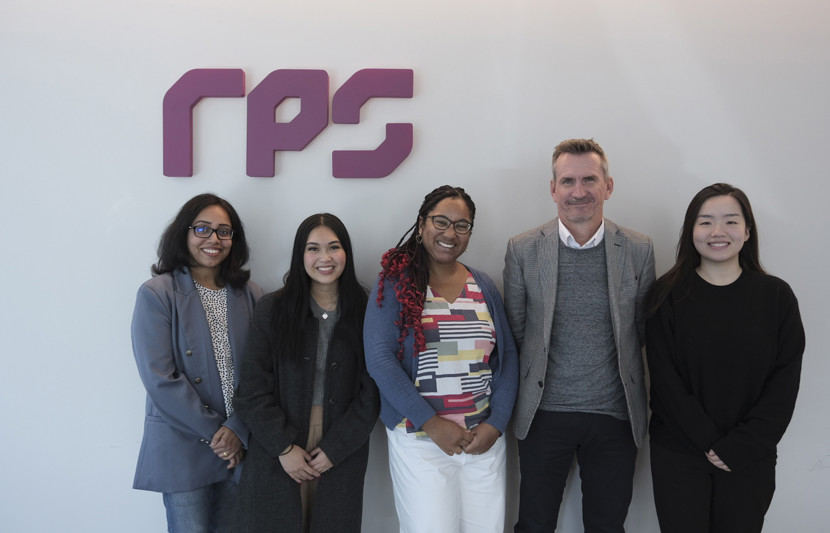
Fast facts: Cost advisory
5 fast facts
There are often three main drivers associated with construction projects: design, program, and budget. Cost advisory is essential as it allows clients to efficiently estimate and manage project budgets, ensure designs develop in line with set commercial constraints, and plan to maximise value for money. Cost advisory work alongside the project team throughout the entirety of the project lifecycle, attempting to optimise outcomes, striking a balance between design, budget, and program constraints.
Q What’s a fun-fact fact about cost advisory?
The first ever quantity surveying firm was established in London in 1785 (almost as old as the USA!). Initially, quantity surveyors focused on measuring and calculating quantities of materials, but that has since evolved to include cost, and contractual and procurement expertise.
Q What’s a new trend in cost advisory that’s exciting?
As the built environment is a significant contributor to greenhouse gas emissions, clients are now more than likely to be considering carbon cost management as a key metric alongside financial cost in project feasibility studies. This presents an enormous opportunity for cost advisory.
Q Career vs reality: what’s cost advisory really like?
Cost advisory is required at every stage of a project – from early feasibility studies to construction completion, which makes it very dynamic and diverse.
RPS’ cost advisory team perform a wide range of tasks that include high level estimates, detailed take-offs, tender negotiations, and site assessments that measure progress of works, while also providing support through value engineering processes.
We work in highly dynamic market conditions, yet we’re able to leverage our treasure trove of project and historic data to provide reliable information to our clients.
Our collaborative team works on multiple projects at the same time across various sectors, including social infrastructure, commercial, energy, and defence. Working in partnership with experts in these different fields, we get firsthand experience into markedly distinct projects.
What we do is blend technical expertise with creativity and problem-solving skills. We seamlessly bridge the gap between imagination and implementation – bringing to life initial concepts to become concrete structures and developments.
A typical day consists of…
It depends on the time of the month! We usually spend a significant amount of time preparing cost estimates by analysing project specifications, material and labour cost, and market trends.
We work with clients to understand their needs and identify potential risks associated with costs, and other factors. We also prepare tender and contract documents and undertake risk and value management, if required. We also manage tax depreciation and advise on contractual claims and disputes.
When it comes to end of the month, we carry out several site inspections for progress claims and ensure projects continue to remain within their budgets.
You know you are working in cost advisory when?
• You have CostX opened and ‘cost’ is the most used word every day.
Q What’s the greatest challenge in cost advisory?
One of the greatest challenges in cost advisory is keeping up-to-date with rapidly evolving market trends. The construction industry is constantly changing.
We’re seeing rapid shifts in construction methods with advances ushering in new techniques and approaches. We’re also operating under market conditions with significant cost changes in construction, largely a response to national and international events such as the COVID-19 pandemic.
As cost advisors, it is our responsibility to maintain awareness of the current market status to be able to provide our clients with the best possible commercial advice.
Q What three words describe cost advisory?
Collaborative, inclusive, challenging.
Join our engine room
RPS is a place where you can be your best: join a team where you can work on projects that matter.















